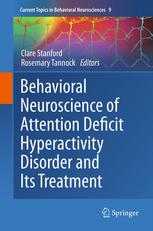

Most ebook files are in PDF format, so you can easily read them using various software such as Foxit Reader or directly on the Google Chrome browser.
Some ebook files are released by publishers in other formats such as .awz, .mobi, .epub, .fb2, etc. You may need to install specific software to read these formats on mobile/PC, such as Calibre.
Please read the tutorial at this link: https://ebookbell.com/faq
We offer FREE conversion to the popular formats you request; however, this may take some time. Therefore, right after payment, please email us, and we will try to provide the service as quickly as possible.
For some exceptional file formats or broken links (if any), please refrain from opening any disputes. Instead, email us first, and we will try to assist within a maximum of 6 hours.
EbookBell Team

0.0
0 reviewsIn this volume there is a strong emphasis on translational science, with preclinical approaches suggesting new directions for development of new treatments. Individual chapters describe how neuroimaging, neuroendocrine, genetic and behavioral studies use powerful research tools that are offering a completely new understanding of the factors that increase vulnerability to ADHD. The clinical impact of co-morbid problems, especially obesity and substance misuse, are highlighted and explain what such problems can tell us about the etiology of ADHD, more generally. Reviews of the pharmacology of established drug treatments for ADHD justify an exciting novel theory for their therapeutic actions and address questions about the effects of their long‑term use.